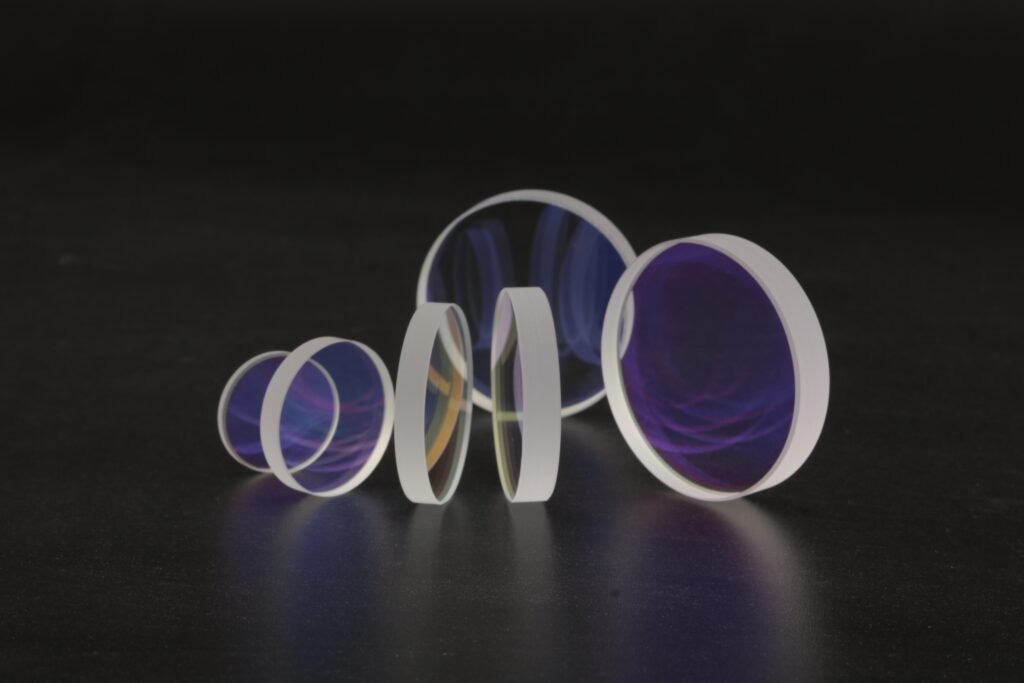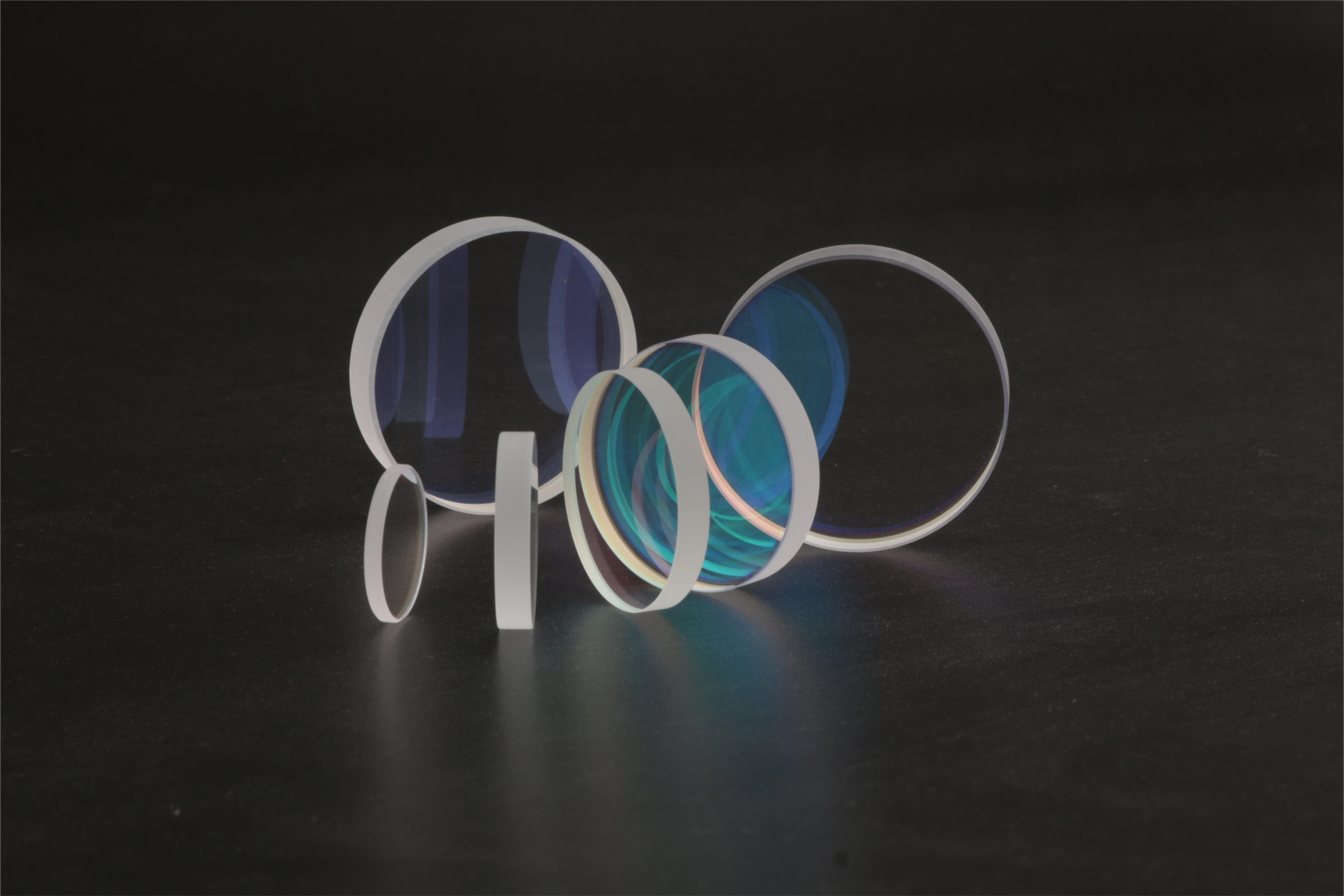Laser lenses play a crucial role in laser systems, with their quality directly impacting the performance and lifespan of the laser. Choosing the right laser lenses requires careful consideration of various factors to ensure their performance and suitability. The following are key steps and considerations to help you select the appropriate laser lenses.
1. Determine the Laser Wavelength
Different lasers operate within specific wavelength ranges, and the chosen lens must have a design wavelength that matches the laser’s wavelength. Common laser wavelengths include 355nm, 532nm, and 1064nm. Identifying the laser’s operating wavelength is the first task before making a purchase.

2. Consider Laser Power
Laser lenses must be capable of withstanding the power emitted by the laser, especially in high-power lasers. If the laser’s power exceeds the lens’s capacity, it can lead to lens damage or reduced performance. Therefore, when selecting a lens, you need to understand the lens’s power tolerance and ensure it is suitable for your laser.
3. Choose the Lens Material
Laser lens materials commonly include fused silica, zinc selenide (ZnSe), and magnesium fluoride (MgF2). Different materials offer varying optical properties and durability. For example, fused silica is suitable for UV and visible light wavelengths, while zinc selenide is used for infrared wavelengths. When purchasing, select the appropriate material based on the specific application.
4. Coating Process
The coating process of laser lenses directly affects their transmittance and reflectance. High-quality coatings can improve the lens’s transmittance, reduce light loss, and enhance durability. Common coating types include anti-reflective (AR) coatings and high reflective (HR) coatings. When selecting lenses, pay attention to the type and quality of the coating to ensure it meets your application requirements.
5. Surface Quality and Precision
The surface quality and precision of laser lenses significantly impact the laser’s performance. High-quality lenses should be free of scratches, bubbles, and other defects, and the surface flatness and wavefront accuracy must meet the required standards. These are often represented numerically, such as “λ/10” for surface flatness, where a lower number indicates higher precision.
6. Environmental Suitability
Laser lenses must be adapted to the specific environment in which they will be used. For example, lenses used in high humidity or high-temperature environments need to have moisture and heat resistance. When purchasing, consider the actual operating environment and choose lenses with strong adaptability.
7. Supplier Reputation
Selecting a reputable supplier is also key to ensuring the quality of laser lenses. High-quality suppliers typically have strict quality control systems, and their products undergo rigorous testing and certification. Before purchasing, you can evaluate the supplier’s reliability by reviewing their ratings, certifications, and technical support.
Conclusion
Choosing laser lenses requires a comprehensive consideration of factors such as wavelength, power, material, coating process, surface quality, environmental adaptability, and selecting a reputable supplier. Only through careful selection and comparison can you find the laser lenses that best meet your needs, ensuring the efficient operation and long-term use of your laser system.
We hope this guide helps you in selecting the right laser lenses, ensuring your laser system achieves optimal performance.
Let me know if you need any further adjustments!



